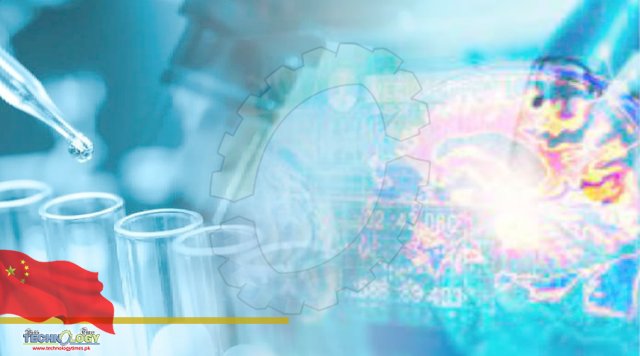Hong Kong’s biotech sector , Hong Kong Chief Executive John Lee Ka-chiu’s newly announced policies are not adequate for the development of the biotech industry,

With participants and experts urging the government to do more if it wants to build the city into a leading hub. Hong Kong’s biotech sector , Their suggestions included building a self-sustained ecosystem, enriching the talent pool and smoothing parts of the supply chain among others. Experts also suggested taking a holistic approach to advance one of the key innovative industries, as Hong Kong seeks to transform itself into an international innovation and technology hub and to lead the Greater Bay Area from relying heavily on traditional industries such as real estate and finance. “The government is not only focusing on financial innovation this time, but extending the policies to the real economy, the infrastructure, and measures to attract talent and companies,” said Bruce Liu, partner at Simon-Kucher & Partners. “They are more tangible and real.” He said the government should step beyond attracting biotech companies to the city and enhance the ecosystem for the industry. His suggestions included improving Hong Kong’s clinical and research infrastructure, and nurturing academia that is geared towards innovation. On Wednesday, Lee in his maiden policy address said Hong Kong will “more actively and aggressively vie for companies and talent”. One of the measures includes setting up the Office for Attracting Strategic Enterprises (OASES) to attract high-potential companies in hi-tech segments such as biotech, artificial intelligence (AI) and fintech to the city. The government will offer favourable policies in terms of land, tax rates and fiscal aid to these firms, Lee said, and help their personnel with visas and the education needs of their children.
The measures would complement Hong Kong’s emergence as the largest biotech fundraising hub in Asia and the second largest in the world after it lowered thresholds for pre-revenue biotech companies in 2018. However, that status is under threat following a slide in stock prices in the past year, with the Hang Seng Biotech Index currently 64.2 per cent lower than its peak on June 28, 2021. Industry participants offered suggestions to enhance the biotech sector, particularly the supply chain. The city should expand different segments within the supply chain, such as licensing, product registration and even production,Hong Kong’s biotech sector , “Hong Kong should facilitate the integration of the local registration system with the one on the mainland,” said Stanley Sy, chairman of Hong Kong Regen Medtech, which develops stem-cell therapies for intractable diseases, noting that Hong Kong does not have a primary review registration system for drugs and medical devices. Nisa Leung, managing partner at venture capital firm Qiming Venture Partners, said the city should establish its own regulatory approval scheme for drugs and medical devices. “Then we can actually very easily, potentially, have these drugs approved in the Greater Bay Area or in [mainland] China and elsewhere,” she said. Industry observers also said more effort must be made to nurture local talent, and attract much-needed experts – which is crucial for training the local workforce. Specialists who can meet the demanding rigours required for medicine production are in high demand, according to Sy. Alex Zhavoronkov, founder and CEO of Hong Kong-based AI biotech firm Insilico Medicine, said it was difficult to bring talent to the city compared with the Middle East, which contributed to its decision to build a research centre and regional hub in the Middle East. “There’s a huge opportunity to hire high talent in Eastern Europe,” said Zhavoronkov. He said it takes the company 48 hours at most to new hire a new employee in Abu Dhabi from Europe, and the local government provides 30 to 45 per cent subsidy for AI scientists who relocate there within three months. “That allows me to do things in real time,” he said. “In Hong Kong, currently you wouldn’t be able to hire somebody from eastern Europe or in Europe in general, or even the US and get them on board so quickly.”
Source: This nes is originlly published by scmp